Het arrangement Societies h45 is gemaakt met Wikiwijs van Kennisnet. Wikiwijs is hét onderwijsplatform waar je leermiddelen zoekt, maakt en deelt.
- Auteur
- Laatst gewijzigd
- 28-11-2025 11:52:19
- Licentie
-
Dit lesmateriaal is gepubliceerd onder de Creative Commons Naamsvermelding-GelijkDelen 4.0 Internationale licentie. Dit houdt in dat je onder de voorwaarde van naamsvermelding en publicatie onder dezelfde licentie vrij bent om:
- het werk te delen - te kopiëren, te verspreiden en door te geven via elk medium of bestandsformaat
- het werk te bewerken - te remixen, te veranderen en afgeleide werken te maken
- voor alle doeleinden, inclusief commerciële doeleinden.
Meer informatie over de CC Naamsvermelding-GelijkDelen 4.0 Internationale licentie.
Het thema 'Societies' (h45) is ontwikkeld door auteurs en medewerkers van StudioVO.
Fair Use
In de Stercollecties van StudioVO wordt gebruik gemaakt van beeld- en filmmateriaal dat beschikbaar is op internet. Bij het gebruik zijn we uitgegaan van fair use.
Meer informatie: Fair use
Mocht u vragen/opmerkingen hebben, neem dan contact op via de
helpdesk VO-content.
Aanvullende informatie over dit lesmateriaal
Van dit lesmateriaal is de volgende aanvullende informatie beschikbaar:
- Toelichting
- Dit thema valt onder de arrangeerbare leerlijn van de Stercollectie voor Engels voor havo, leerjaar 4 en 5. Dit is thema: 'Societies'. Dit thema omvat de volgende volgende onderwerpen: - Tanzania - Digital eyes on citizens - If I ruled the world - International organization De grammaticaopdracht gaat over future continuous en reported speech.
- Leerniveau
- HAVO 4; HAVO 5;
- Leerinhoud en doelen
- Engels;
- Eindgebruiker
- leerling/student
- Moeilijkheidsgraad
- gemiddeld
- Studiebelasting
- 16 uur 0 minuten
- Trefwoorden
- arrangeerbaar, digital eyes on citizens, engels, future continuous en reported speech, h45, if i ruled the world, international organization, societies, stercollectie, tanzania
Gebruikte Wikiwijs Arrangementen
VO-content Engels. (2021).
Digital eyes on citizens h45
https://maken.wikiwijs.nl/104350/Digital_eyes_on_citizens_h45
VO-content Engels. (2021).
If I ruled the world h45
VO-content Engels. (2021).
Mensa: international organisation h45
https://maken.wikiwijs.nl/104352/Mensa__international_organisation_h45
VO-content Engels. (2021).
Tanzania hunter-gatherers h45
https://maken.wikiwijs.nl/104349/Tanzania_hunter_gatherers_h45

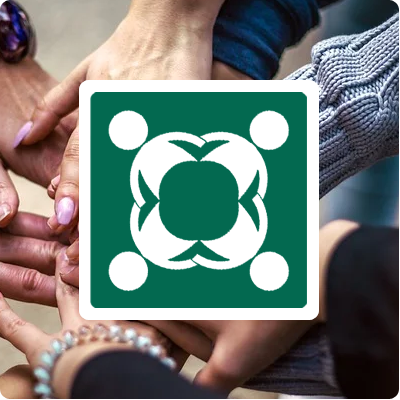 In this theme we are looking at societies.
In this theme we are looking at societies. What do you need to know?
What do you need to know?

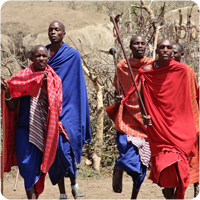 In this next lesson is Tanzania: hunter gatherers.
In this next lesson is Tanzania: hunter gatherers.


 Let’s think about what society actually means.
Let’s think about what society actually means.

 Society has also to do with thinking about your own beliefs and values about possession and ownership.
Society has also to do with thinking about your own beliefs and values about possession and ownership.

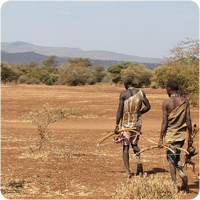 You are going to read a text about people whose society is different to yours.
You are going to read a text about people whose society is different to yours.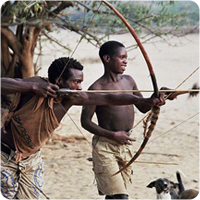 Mike Carter August 22, 2015
Mike Carter August 22, 2015 Read and answer these questions with your partner.
Read and answer these questions with your partner. In step 5 you have spoken about how can you protect the Hadza, and yet still give the tourists (wealthy Americans) an insight into their lives.
In step 5 you have spoken about how can you protect the Hadza, and yet still give the tourists (wealthy Americans) an insight into their lives. Fill in the schedule and answer the questions below.
Fill in the schedule and answer the questions below. In this next lesson is Digital eyes on citizens.
In this next lesson is Digital eyes on citizens. Ask and answer these questions with your partner.
Ask and answer these questions with your partner. Proposed system of personal data will record ‘trustworthiness’ rating
Proposed system of personal data will record ‘trustworthiness’ rating Writing Task
Writing Task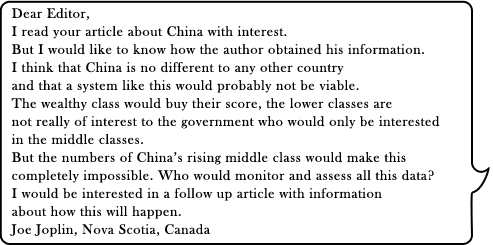
 This next lesson is about If I ruled the world.
This next lesson is about If I ruled the world. Read the questions and make a note of your answers.
Read the questions and make a note of your answers. Susan Greenfield / November 17, 2016
Susan Greenfield / November 17, 2016 In small groups, discuss these questions.
In small groups, discuss these questions. Let’s look at ... the future continuous.
Let’s look at ... the future continuous.

 This next lesson is about International organizations.
This next lesson is about International organizations. Make a list of all the clubs and societies you belong/have belonged to.
Make a list of all the clubs and societies you belong/have belonged to. Look at the sign. This is a quote commonly attributed to Eleanor Roosevelt.
Look at the sign. This is a quote commonly attributed to Eleanor Roosevelt.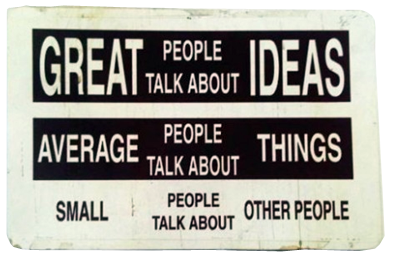
 Could you join 'Mensa'?
Could you join 'Mensa'?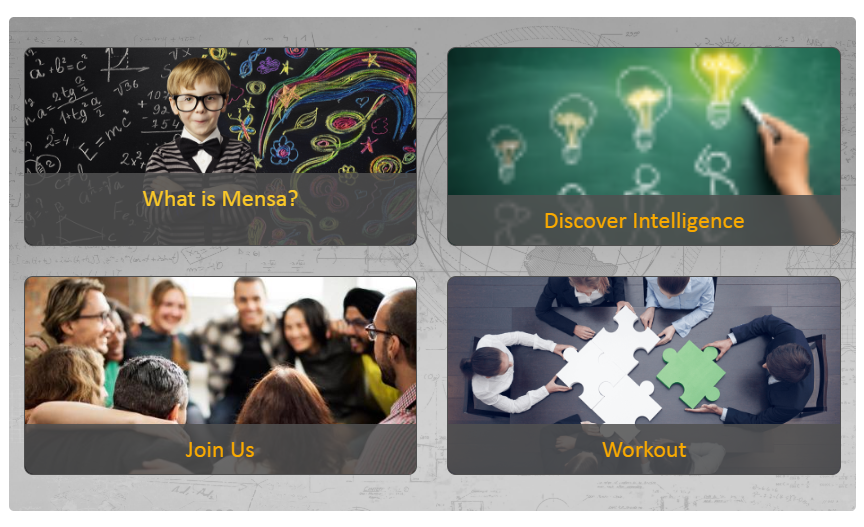
 Let's look at ... reported speech.
Let's look at ... reported speech.
 Writing your CV (Curriculum Vitae)
Writing your CV (Curriculum Vitae)

 Oefenprogramma Engels
Oefenprogramma Engels
